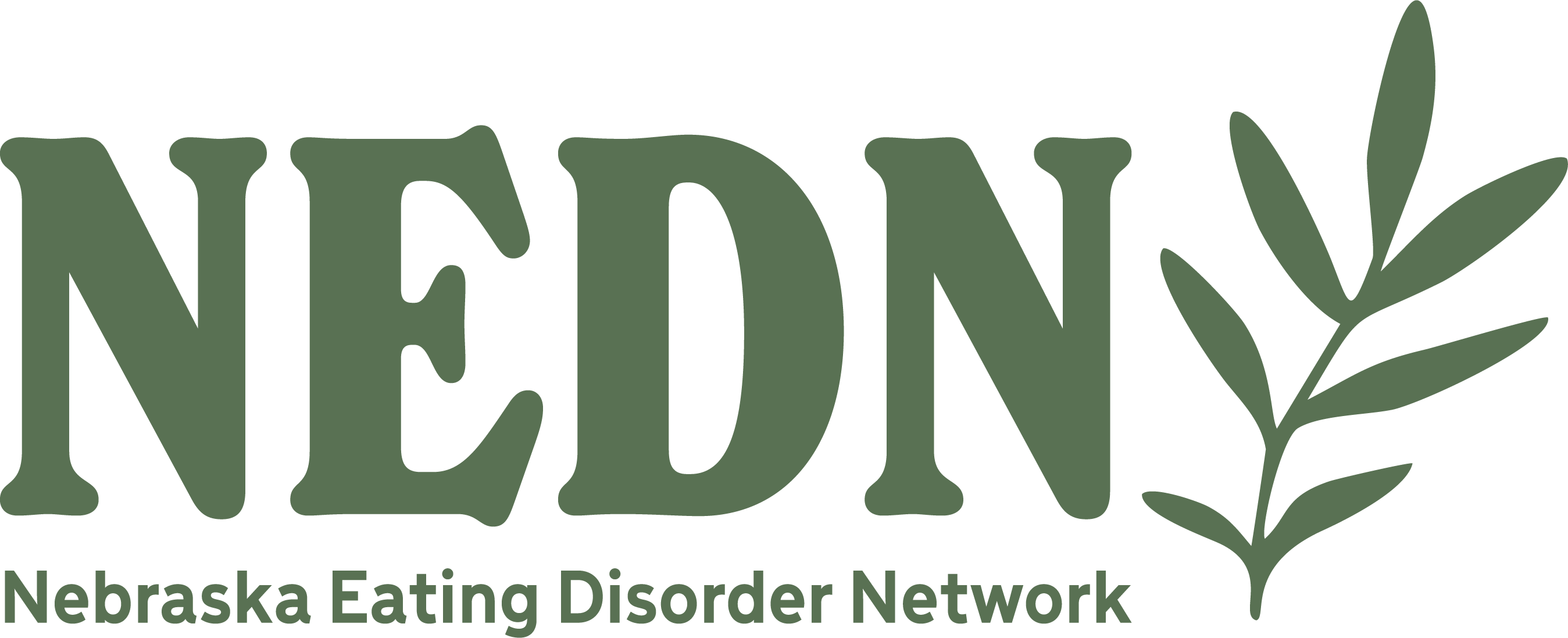 By: Aimee Hollendieck
By: Aimee Hollendieck
I have a client who makes really good book recommendations. One day she emailed me telling me about a book that I would most likely be interested in. When she wrote the title of the book, I knew without a shadow of a doubt that this would be my cup of tea. The book is called “The Subtle Art of Not Giving a F*ck” by Mark Manson. I highly recommend it if you’re looking for a shorter read.
There are many points that I enjoyed about this book. I was enamored with his ability to use the F word as a noun, a verb and even an adjective at times. I throughly enjoyed the chapter titles, in particular “You’re Not Special” and “Then You die”, to name just a couple. This all really spoke to me, it made sense. Then I came to the part where he talked about the difference between blame and responsibility. That got me thinking about eating disorder care.
I’m a firm believer that eating disorders are bio-psycho-social diseases and that no one wakes up one morning and goes “Well, I don’t have a lot going on today so I guess I’ll just decide to have an eating disorder”. I believe a strong point has been made showing that this is a highly familial disease and I think the eating disorder community can all get on board with agreeing that our society has really set us up to hate ourselves. We set high, unobtainable measures for beauty. Even those who hit that genetic lottery will tell you that it doesn’t make them happy, they have their own pressures to deal with such as always feeling judged. Cameron Russell gave an interesting Ted Talk on this.
So that takes care of the biological piece and part of the social piece. But what about the psychological components that go into why eating disorders happen? Let’s come full circle everyone, it’s time to discuss blame and responsibility.
Eating disorder treatment has come a long way, and we probably have a long way to go. We’ve come far from telling clients that their disease is “all their mother’s fault” or “your parents didn’t love you enough” and that being where treatment ended. Now that we’re peeling away the complexities of these illnesses, I find that folks are more hesitant to hang out in the “family is partially to blame” pool. Clients will tell me, “Aimee it wasn’t anybody’s fault but my own, I did this to myself” or “I don’t want to blame anyone for my eating disorder”. It makes sense. Blame has a real negative connotation in our society. But here’s the thing, there IS a difference between blame (or fault) and responsibility.
Mark Manson states, “We are responsible for experiences that aren’t our fault all the time. This is part of life.” (Page 98) The entire chapter is fantastic and what I gather from it is how fault or blame are past tense but responsibility is much more here and now. So it’s ok to give yourself permission to think back to that comment that your high school coach made-about how you would be better if you lost weight-and connect how this fed into how your eating disorder started. It’s ok to blame part of your low self image on how you remember your mom constantly discounting her body. It’s ok to blame! However, we live in the present. We have the responsibility of choice. We don’t always have control over our thoughts, but actions? You bet! As treatment providers, we can hold space and give clients permission to blame and we can validate their experiences. It’s also important to empower them and remind them that they don’t live in that past scene anymore. They get the privilege to proceed in life with responsibility for their actions.
The next time you catch yourself wanting to shut down someone else’s blame, stop and ask yourself, why am I doing that? We all do it, society has taught us well, but that’s for another blog post to come…


Recent Comments